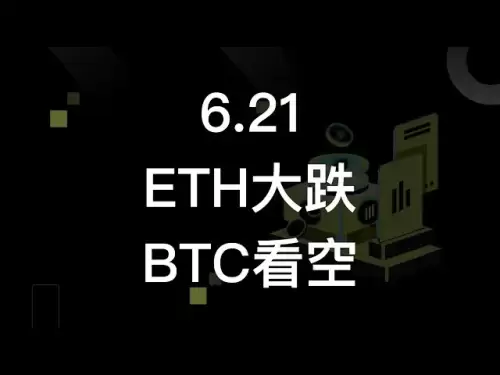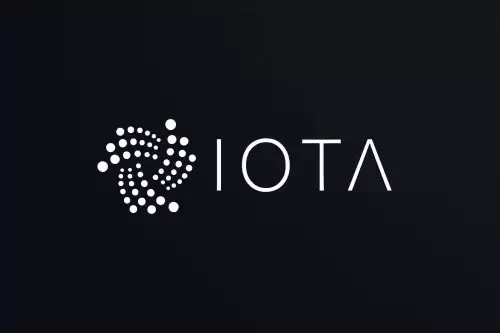JP Morgan's Kinexys is diving into deposit tokens with JPMD, launching on Coinbase's Base. What does this mean for stablecoins and the future of institutional finance?

Hold on to your hats, folks! JP Morgan, through its blockchain unit Kinexys, is making waves with its new USD deposit token, JPMD. Launched on Coinbase's Base blockchain, this move could redefine how institutions handle digital assets.
What's the Buzz About JPMD?
JPMD isn't your average stablecoin. It's a permissioned deposit token, designed to bridge the gap between traditional banking and the world of public blockchains. Think of it as a super-secure, institutional-grade way to move money 24/7.
Key Insights
- Institutional Focus: JPMD is tailored for asset managers, banks, and fintechs seeking reliable and compliant digital payment solutions.
- Base Blockchain: By launching on Base, JP Morgan is leveraging a platform that offers a balance between decentralization and regulatory compliance.
- GENIUS Act Impact: The recent passage of the GENIUS Act, which provides a regulatory framework for stablecoins, has paved the way for traditional banks to confidently enter the digital asset space.
Deposit Tokens vs. Stablecoins: What's the Difference?
According to a report by Oliver Wyman and Kinexys, deposit tokens are a form of commercial bank money, issued by licensed depository institutions. Unlike stablecoins, which are backed by reserves and can be issued by non-banks, deposit tokens represent actual deposits at a bank. This distinction gives JPMD a unique edge, as it operates within the existing regulatory framework for banks.
Jason Barraza, COO at Security Token Market, noted that JPMD doesn't need 1:1 backing like stablecoins, thanks to fractional reserve banking. This makes it highly scalable.
Why is JP Morgan Doing This?
JP Morgan's move isn't just about innovation; it's about staying competitive. As Alex Thorn of Galaxy Digital pointed out, JPMD allows JP Morgan to capitalize on the growing interest in on-chain finance. It could also pressure stablecoin issuers to offer higher yields and greater transparency.
Benefits of JPMD
- 24/7 Transactions: Enables real-time settlements at near-zero cost.
- RWA Integration: Connects to tokenized real-world asset platforms.
- Liquidity Efficiency: Eliminates the need for fragmented stablecoin reserves.
The Regulatory Landscape
The GENIUS Act is a game-changer, but regulatory hurdles remain. Basel Committee regulations classify permissionless blockchain tokens as high-risk. Whether the U.S. adopts these rules could significantly impact JPMD's competitive advantage.
The Bigger Picture
JP Morgan's foray into deposit tokens could shake up the stablecoin ecosystem, currently dominated by Circle and Coinbase with USDC. With JPMD, institutions gain another option for digital payments and settlements. As Naveen Mallela from Kinexys puts it, JPMD provides additional optionality beyond USDC.
Final Thoughts
So, what does all this mean? It's simple: Wall Street is officially joining the digital cash party. Whether JPMD becomes the
Disclaimer:info@kdj.com
The information provided is not trading advice. kdj.com does not assume any responsibility for any investments made based on the information provided in this article. Cryptocurrencies are highly volatile and it is highly recommended that you invest with caution after thorough research!
If you believe that the content used on this website infringes your copyright, please contact us immediately (info@kdj.com) and we will delete it promptly.














































































